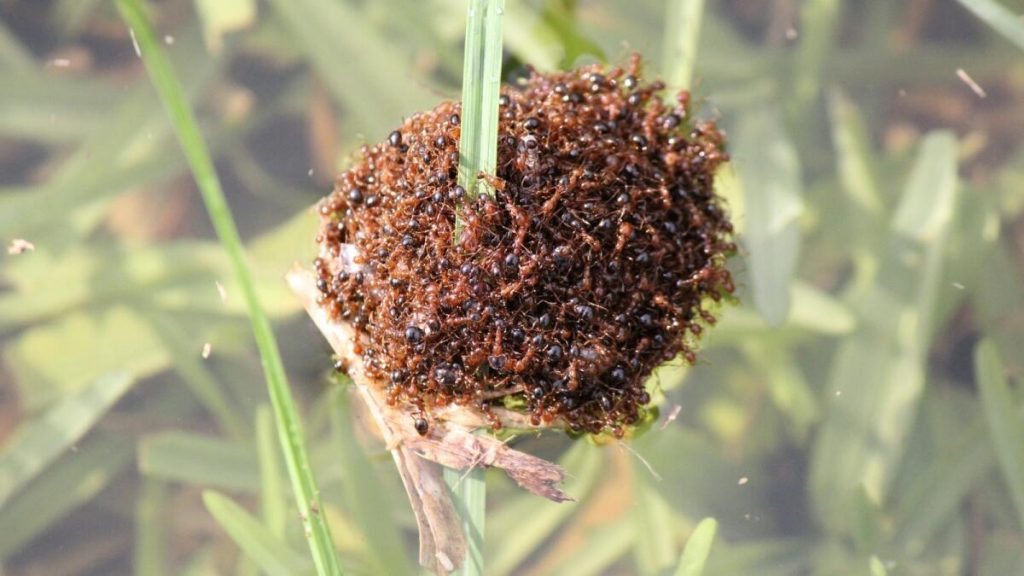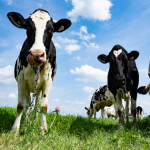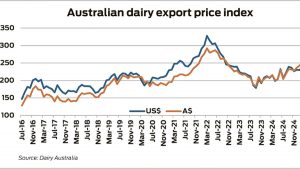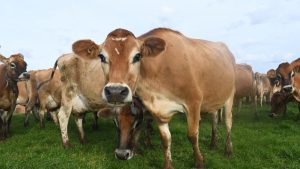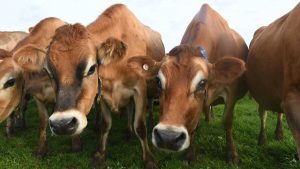
Biosecurity Warning Issued Over Imported Fodder Amid Worsening Drought.
The Australian agribusiness sector is facing a serious new threat: the potential introduction of red imported fire ants (RIFA) through fodder sourced from interstate. Due to severe dry conditions, Victorian dairy farmers are increasingly reliant on hay and feed purchased from suppliers outside the state. This crucial need for external feed has inadvertently opened a new pathway for this invasive species, which is not currently present in Victoria, posing a significant risk to the state’s economy, agriculture, and general wellbeing.
The article highlights that hay and straw are ideal host materials for these dangerous ants, making imported fodder a key biosecurity concern. To combat this risk, strict purchasing requirements have been put in place. Fodder originating from a location with a RIFA-area freedom certificate is considered safe. However, products from infested zones must meet specific inspection and treatment requirements and be certified by an agricultural officer from the state of origin, creating a new layer of complexity for farmers and suppliers in dairy economics.
For farmers importing feed, the article specifies the types of documentation required for products from high-risk zones. Purchases must be accompanied by one of four specific certificates: a Plant Health Certificate (PHC), a Plant Health Assurance Certificate (PHAC), a Biosecure HACCP Biosecurity Certificate (BHBC), or a Plant Health Declaration (PHD). These measures are designed to ensure that the fodder has been properly inspected and treated, protecting farms from a potentially devastating infestation.
The threat of a RIFA incursion is not to be underestimated. If these ants were to establish themselves in Victoria, the consequences would be severe. The invasive species is known to cause extensive damage to crops, harm livestock, disrupt agricultural operations, and pose a direct risk to people and wildlife. This potential for widespread damage places a high priority on biosecurity, making vigilant inspection and compliance with certification rules an essential part of daily farm management.
This situation serves as a critical case study for the international dairy community. It is a stark reminder that in an interconnected global and regional supply chain, the movement of goods, even essential ones like animal feed, can carry unforeseen biosecurity risks. For producers, manufacturers, and analysts, this story underscores the vital importance of robust biosecurity protocols and the need to be a part of the solution by reporting any suspected invasive species sightings.
Source: Dairy News Australia: Risk of fire ants in imported fodder
You can now read the most important #news on #eDairyNews #Whatsapp channels!!!
🇺🇸 eDairy News INGLÊS: https://whatsapp.com/channel/0029VaKsjzGDTkJyIN6hcP1K
